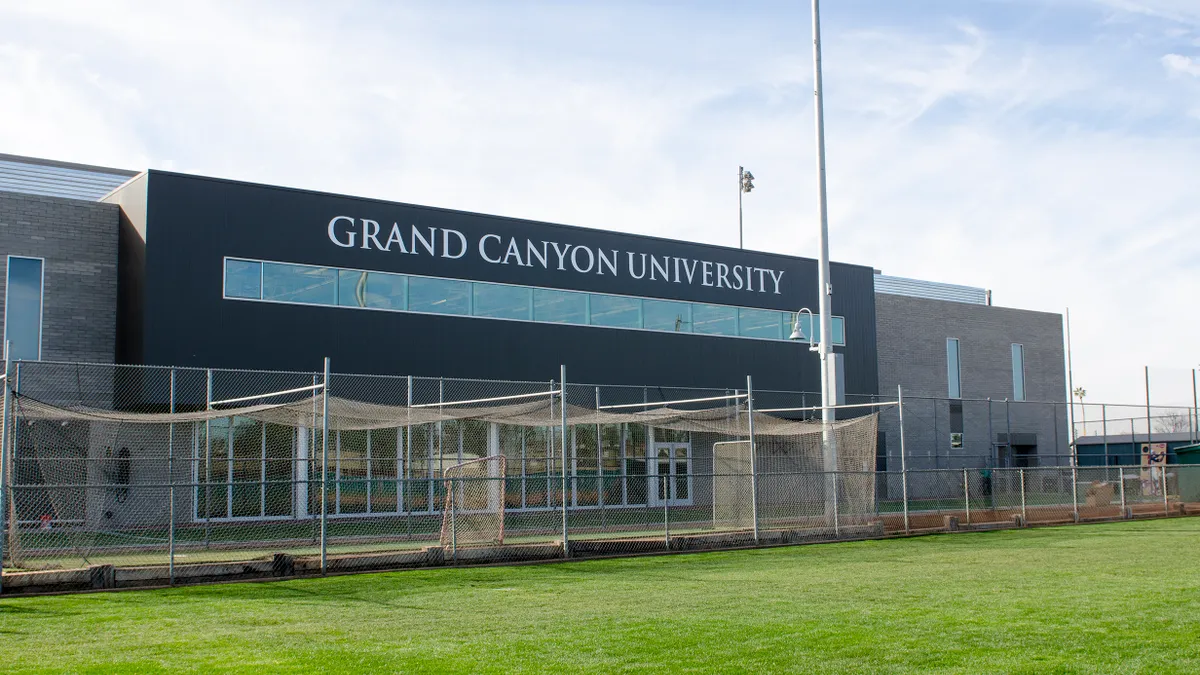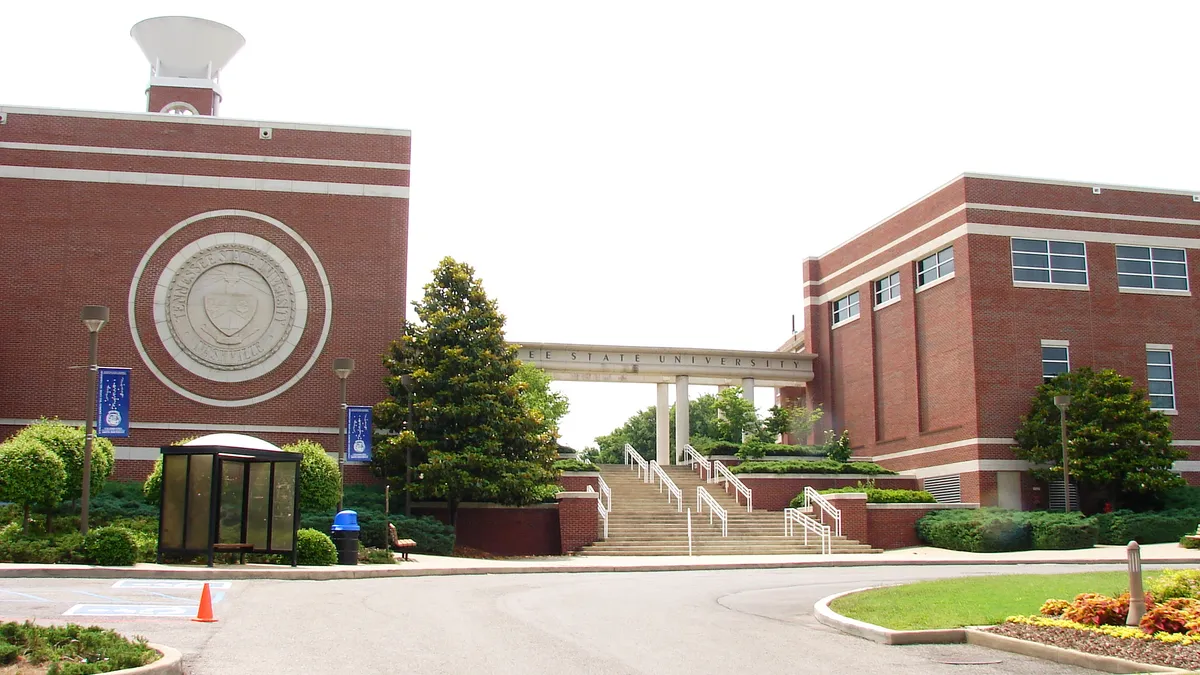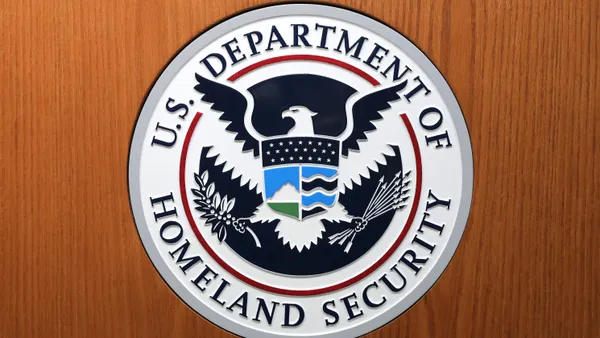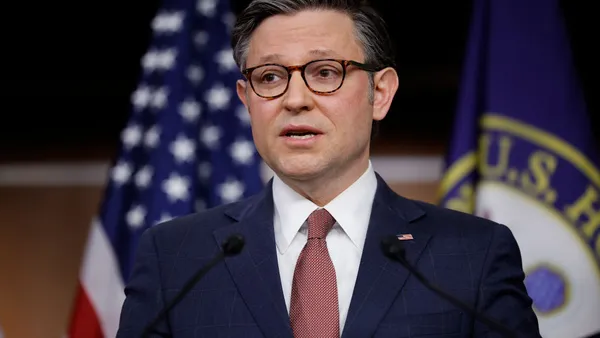Dive Brief:
- Republicans and Democrats in Congress announced a bipartisan agreement on an expansion of the G.I. Bill, which will remove a 15-year limit on when potential students can tap into benefits, allowing students to go to college at a later point in life, the Associated Press reports.
- The new bill expands on legislation passed in 2008 that offered full scholarships for veterans to any in-state public university or a cash comparison for funding private college, and veterans will also receive additional payments if they enroll in STEM majors.
- The bill is expected to cost more than $100 billion over the next decade, and the House Veterans’ Committee should vote on the legislation in the coming week, with a full vote expected at some point this month. Senators are drafting a similar bill in their chamber.
Dive Insight:
The new funding could be considered a boon for student veterans, particularly those unable to return to the classroom immediately after deployment, but college administrators should also be cognizant of the opportunity presented by accessing G.I. Bill funding in a time of declining enrollment and tuition. Higher ed institutions, including public schools, are increasingly offering significant tuition discounts in order to entice potential students, and they are subsequently losing out on potential revenue. A university enrolling a veteran will be able to depend on the federal government as a more dependable source of tuition revenue.
The expansion of the bill allows veterans to access benefits more than 15 years after enlistment, which also means that colleges and universities could commit more substantive outreach to that population of adults past the typical schooling age. Higher ed institutions are generally investing more resources and effort into tailoring options for non-traditional students. Veterans who are more than a decade past deployment may fit into this category, as they may have professional and personal commitments that make a full-time four-year degree program more difficult to achieve.
The news that STEM will be particularly valued in the new legislation could also spur more higher ed investment in their own programs and departments. Additionally, the Armed Forces are working on multiple fronts to increase STEM literacy among student populations and in their own ranks, so colleges and universities may not need to offer significant remedial education in order to get veterans acquainted with more advanced STEM concepts and techniques.












